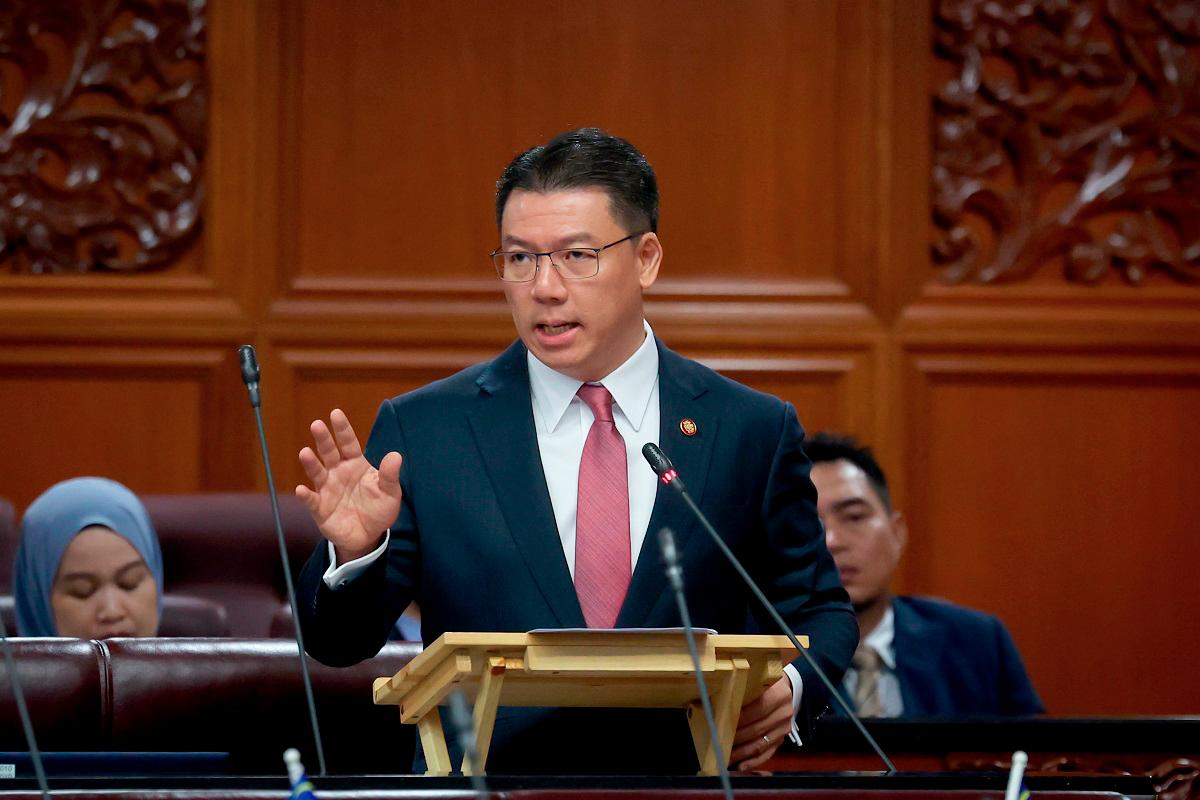KUALA LUMPUR: The Housing and Local Government Ministry (KPKT) is working with the Cabinet Committee on Traffic Congestion to upgrade bus stops and pedestrian walkways nationwide as part of efforts to ease commuter woes.
Minister Nga Kor Ming (pic) said the initiative, targeted for completion by 2027, will see bus stops equipped with smart poles that function as telecommunication hubs, and LED screens to provide commuters with real-time updates and information.
“The move reflects the importance of smart city development in enhancing public convenience and accessibility.
“To date, 36 of the 156 local authorities (PBT) nationwide have adopted smart city initiatives under the guidance of PLANMalaysia.
“Cities such as Kuala Lumpur, Putrajaya, Ipoh, Johor Bahru, Kuching and Kota Kinabalu are among the frontrunners,” he said during a press conference after the 8th Asean Smart Cities Network (ASCN8) opening ceremony, today.
Nga said in Putrajaya, for instance, a central command centre monitors the city through an extensive CCTV network that captures accidents, thefts and other incidents in real time.
He said the high-definition recordings can also serve as evidence in court, making the city safer.
“Smart city features also include artificial intelligence (AI)-powered traffic light systems that adjust signals based on traffic flow to reduce congestion.
“By easing bottlenecks, the system improves productivity, saves time and prevents roads from becoming what we can describe as ‘the world’s largest car park’,” he said.
Nga added that expanding smart city applications nationwide will be a key part of improving Malaysia’s urban landscape in the years ahead.









